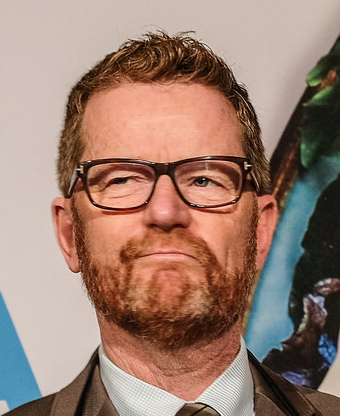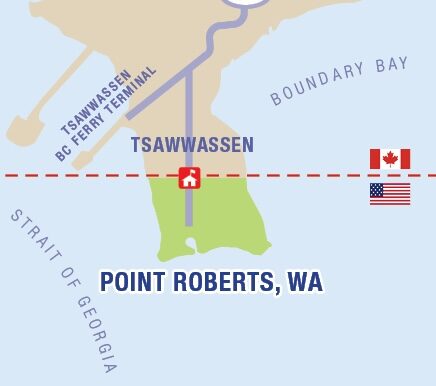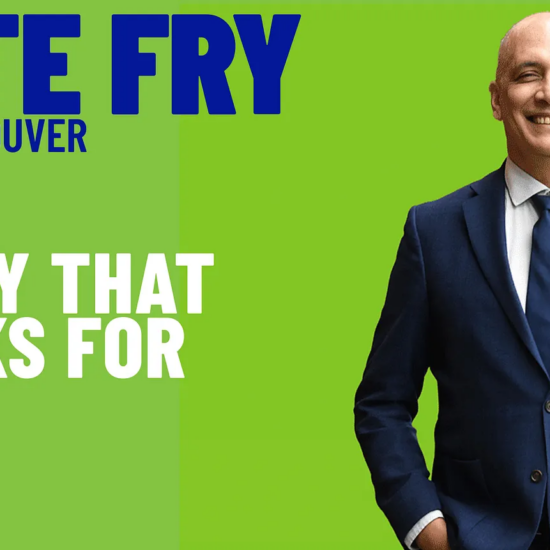
Bob Mackin
The BC Liberal government announced Feb. 14 that PharmaCare would finally fund Duodopa, the trade name for the levodopa/carbidopa intestinal gel (LCIG) to treat people with the most severe symptoms of Parkinson’s Disease.
But the Liberals did not make the Valentine’s Day announcement out of the kindness of their hearts. The party that says it is all about “getting to yes” stubbornly said no, no, no to Parkinson’s patients for several years.
Esteemed advocates for the 13,000 British Columbians living with the degenerative disease — which causes a loss of control of movements, body and emotions — tried repeatedly in vain to convince officials, all the way up to Health Minister Terry Lake, to fund the drug for the handful of people who need it.
The announcement, hustled-out just hours before the last pre-election Throne Speech, came as a pre-emptive strike after potentially embarrassing documents were released to theBreaker under the Freedom of Information law on Feb. 9.

A ski resort in Health Minister Terry Lake’s Kamloops riding got funds to build a hockey rink, before Parkinson’s patients got funding for life-saving medication.
The 77-page release shows how Lake, assistant deputy minister Barbara Walman, drug intelligence executive director Eric Lun and special authority director Susan Bouma thwarted efforts, since spring 2015, by Dr. Martin McKeown, the UBC Chair in Parkinson’s Research, and Jean Blake, the CEO of Parkinson Society B.C., to gain funding for about 10 B.C. patients needing the $60,000-a-year drug.
“Given the fiscal pressures affecting PharmaCare and the broader health system, the program has limited capacity to expand coverage for new benefits and must be very selective in that regard,” Lun wrote to Blake on May 9, 2016. “Due to the extremely high cost of this product, coverage requests are not being considered, including exceptional cases.”
McKeown wrote to Bouma in June 2016, a year after writing to Lun on the same topic. “If our patient were a resident of Alberta, Manitoba, Ontario, Quebec or Yukon, my patient would successfully gain public reimbursement for LCIG.”
Lake and his staff relied on a 2009 Canadian Expert Drug Advisory Committee recommendation against funding. New research, published in 2014 by the Lancet Neurology and supplied by Blake and McKeown to the ministry, was in favour of the drug.
Bouma suggested maker AbbVie resubmit its research to federal officials for a new funding review. Blake said that was not feasible, because it would force the other provinces to stop coverage during the review, thus putting patients’ lives in jeopardy.
Blake even met with Lake last April 11, International Parkinson’s Awareness Day. She followed-up with a June 8 letter. Lake didn’t respond, but Walman did on June 30 with yet another rejection letter.
At the end of November, Dr. Josh Greggain, Hope Medical Centre medical director, wrote Liberal MLA Laurie Throness (Chilliwack-Hope).
“In receiving the Duodopa therapy, patients will experience considerable relief of pain, have better control over severe and dangerous balance issues; be removed from the fear of breathing and swallowing issues, and be provided with support with other non-movement (non-motor) problems,” Greggain wrote. “The payoff for the health care system will be fewer hospitaliztions, fewer emergency visits and avoidance of early admissions to long term care.”
NDP MLA Gary Holman (Saanich North and the Islands) added his voice in a Dec. 12 letter to Lake.
“As a matter of compassion and prudent management of a $17 billion health care budget, I urge you to immediately review this life changing therapy and the BC PharmaCare funding of it,” Holman wrote.
The undated Lake response to Holman on government letterhead repeated many of the same words in the boilerplate responses by Walman, Bouma and Lun to McKeown, Blake and others.
Blake appealed yet again to Lun on Dec. 14.
“We ask you once again to consider reviewing the new 2014 evidence as your colleagues in Quebec, Ontario, Alberta, Manitoba and the Yukon have done,” she wrote. “It is just not right that because these people live in B.C. they cannot receive this life saving therapy.”
Global TV reporter Nadia Stewart told viewers the story just before Christmas about Paddi Woods, who was diagnosed with Parkinson’s in 2008 and could not afford to buy Duodopa. Woods described her decline and daily battle bluntly: “It’s like living in hell.”
Clark, Lake and others in the Liberal caucus returned from their Christmas and New Year’s vacations to continue their door-knocking and cash-for-access fundraising events and to continue to spend $15 million of taxpayers’ money on the controversial “Our Opportunity Is Here” propaganda campaign. (Lame-duck Lake is campaigning for Kamloops Mayor Peter Milobar to succeed him as the Kamloops-North Thompson Liberal MLA.)
After making Parkinson’s patients wait through years of unneeded stress, they finally found time to announce the about-face on Duodopa funding.
With 84 days until the 2017 provincial election.
B.C. government Duodopa funding refusal by BobMackin on Scribd










